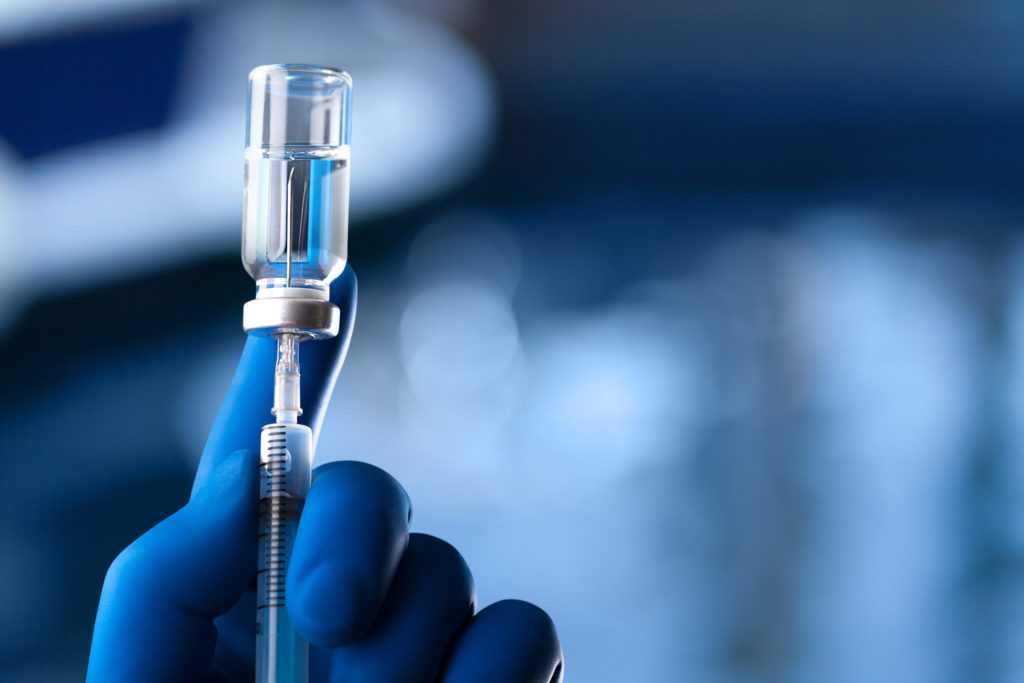What Can Meth Do to My Body?

Crystal methamphetamine, commonly referred to as meth, is a man-made stimulant that is at the forefront of a dangerous drug epidemic in the United States. In addition to the harmful and addictive properties of meth, it can be inexpensively and easily made with harsh chemicals like battery acid, paint thinner or refrigerant. The toxins in meth are then secreted throughout the body which exacerbates the damage done to the brain, skin, internal organs and immune system.
What does meth do to the body?
Meth affects the central nervous system by flooding the brain with dopamine, the neurotransmitter responsible for feelings of pleasure and reward. Because meth provides the brain with an artificial source of dopamine, it can cause the neurotransmitter to fire abnormally. The brain will then chase that rush of dopamine, quickly facilitating addiction to meth. It may then be difficult for the brain to produce dopamine normally without the presence of meth.
Abuse of meth can be harmful to the body in a very short amount of time. It is a powerful stimulant that provides a rapid, intense and quickly addictive high. Due to the high being so short, individuals addicted to meth may use the drug continually in order to avoid coming down.
Meth short-term effects can include:
Brain:
- Irritability, erraticism and depression following the comedown from meth
- Hallucinations
- Panic attacks
- Insomnia, sometimes for days at a time
- Rapid depletion of the brain’s natural supply of dopamine and serotonin
- Hallucinations of bugs crawling on the skin, leading to compulsive skin-picking
- Paranoia
- Clouded judgement, loss of inhibitions and impaired or increased risk tolerance
Skin:
- Open sores, especially near the mouth, that do not heal easily
- Dull skin
- Unhealthy appearance
- Appearance of rapid aging
- Severe acne that does not heal easily
- Extreme itching
Heart:
- High blood pressure
- Increased heart rate
- Strong feeling of pounding in the chest and neck due to heart palpitations
Body, internal organs and immune system:
- Rapid unhealthy weight loss, as meth is a stimulant
- Dangerously high fever
- Dental decay and red and swollen gums
- Loss of appetite
- Convulsions and seizures
- Compulsive teeth grinding
- Bacterial, viral, and fungal infections
- Tremors and muscle twitches
- Poor personal hygiene
Meth long-term effects can include:
Brain:
- Parkinson’s disease, as a result of meth causing dopamine neurons to fire abnormally
- Meth psychosis, which can include hallucinations and paranoia. Meth-induced psychosis can persist even after an individual has quit using meth
- Potentially permanent brain damage
- Depression
- Memory loss
- Cognitive impairment
- Increased risk of stroke
- Inability to feel pleasure
Skin:
- Sagging, wrinkles, and loss of elasticity as a result of restricted blood flow
- Scarring as a result of acne picking at the skin
Heart:
- Severe heart disease and heart failure
- Heart attacks, even after an individual has quit using meth
- Chronic high blood pressure
- Arrhythmia, or irregular heartbeat
- High cholesterol
- Cardiomyopathy
Body, internal organs and immune system:
- Damage to the liver, kidney and lungs as a result of prolonged restricted blood flow
- Damage to blood vessels in the brain and throughout the body
- Death of bowel tissue as a result of restricted blood flow to the bowel
- Gum disease and missing skin
- Hyper-reflexivity originating in the deep tendons
- Involuntary muscle spasms
- Malnutrition
- Decayed and worn-down teeth
- Pulmonary hypertension and pulmonary edema
- Increased risk of developing infectious diseases, hepatitis B and C and HIV/AIDS
- Respiratory and lung disease when meth is inhaled
- Suppression of the immune system
- Muscle atrophy
Can addiction to meth be treated?
Recovery from addiction will always be difficult, but it is entirely possible to treat addiction to meth. Addiction treatment should always be done under the supervision of medical professionals who can monitor progress and challenges and manage the treatment program.
Pyramid Healthcare offers a variety of addiction treatments that can be personalized to you and your needs. Whether you are in need of a detox from meth, inpatient treatment, or medication-assisted treatment, we will approach your treatment with dignity, respect and compassion. It’s not too late to try to reduce your exposure to harmful meth effects. Get help today by calling 888-694-9996.



